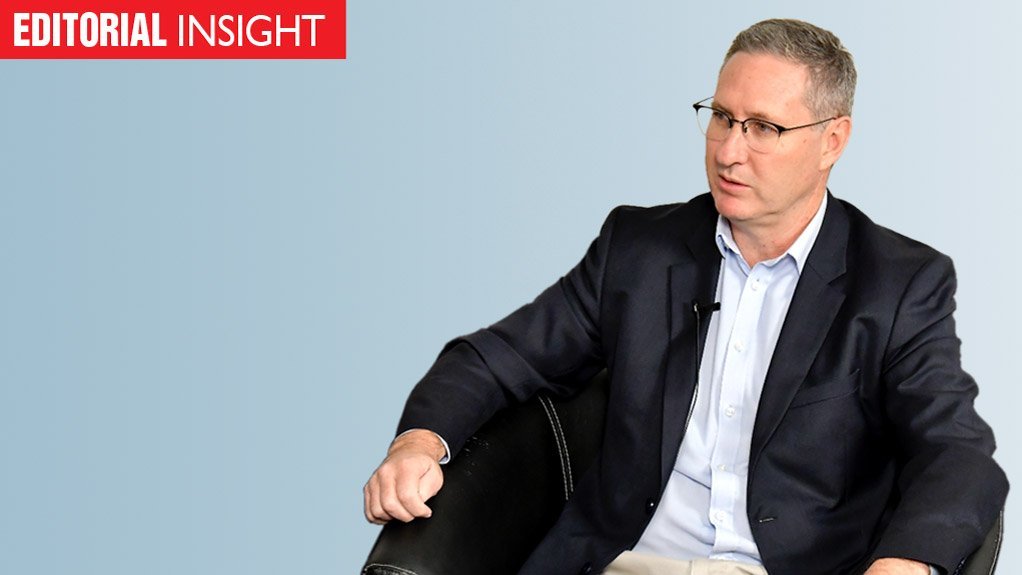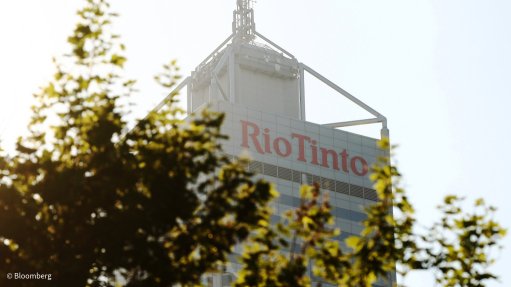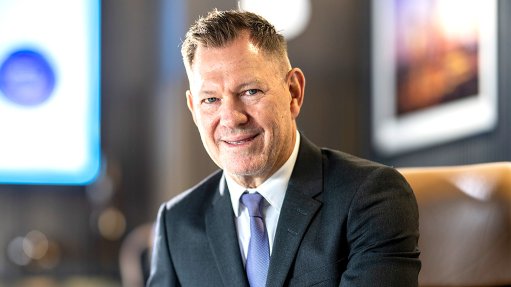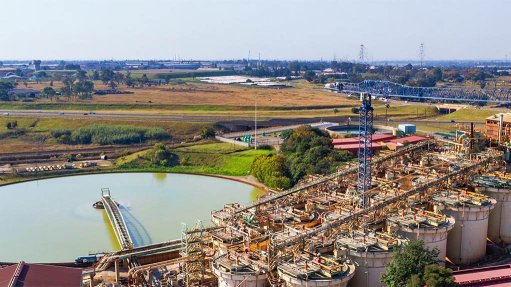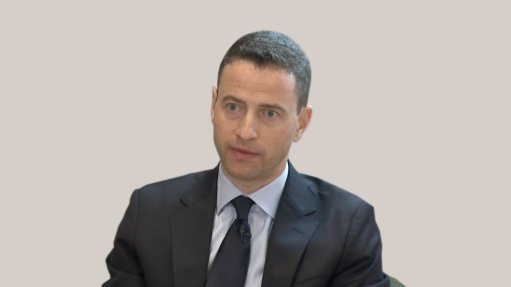Square peg
The haste WITH which the Department of Mineral Resources and Energy (DMRE) is moving to remedy the embarrassment of having to withdraw the Ministerial determination opening the way for the procurement of 2 500 MW of new nuclear capacity is unseemly in the extreme.
Given glaring irregularities with the process of securing the National Energy Regulator of South Africa’s concurrence with the determination gazetted in January, Electricity and Energy Minister Dr Kgosientsho Ramokgopa was left with little option but to withdraw the notice on August 16.
Had he failed to do so, the Southern African Faith Communities’ Environment Institute and Earthlife Africa Johannesburg would likely have succeeded in their legal challenge to have the Section 34 determination set aside in hearings that were due to be heard in October.
Thankfully, all previous attempts by Eskom and the DMRE to place nuclear at the heart of government’s electricity procurement agenda have also fallen short, mostly because financial reality eventually penetrated even those areas of government where financial probity was either disdained or dismissed.
Nuclear technology does have its advantages, but in the South African context, where affordability of electricity is fast overtaking loadshedding as the principal concern, it should be pursued only if there is a strong technoeconomic case for adding new nuclear capacity.
That case is currently tenuous.
A key problem is that nuclear is an inflexible generator, even though proponents point to its load-following abilities. These have been forced on to it by necessity rather than by design as cheaper variable renewable electricity has started playing a more significant role in electricity supply.
In a country such as South Africa, which has an abundance of sun, wind and land, variable renewable generation will progressively displace coal as the main source of electricity supply.
This is not, as many would think, for environmental reasons, which are nevertheless a massive bonus.
The reasons are financial and economic. Economic, because solar PV and wind are now by far the cheapest sources of new electricity in most countries and definitely in South Africa. Financial, because such projects can be financed by commercial lenders.
Given that these sources provide the cheapest electricity, it is in the interest of all consumers that as much as possible of this electricity is produced to support affordability.
The downside of weather-dispatch generators is their variability, and addressing this requires the parallel roll-out of complementary technologies, such as pumped hydro, batteries, and gas-to-power that can quickly and cost-effectively fill the variability gaps.
Analysis conducted by multiple institutions shows that even after adding these complementary technologies, the renewables-led system will provide far cheaper new electricity than either new coal, or new nuclear.
That being the case, nuclear will make sense in South Africa’s future system only if it is competitive with other flexible generators. All current and prototype designs are premised on high levels of availability, however, making the technology a square peg for the evolving system’s round hole.
Article Enquiry
Email Article
Save Article
Feedback
To advertise email advertising@creamermedia.co.za or click here
Announcements
What's On
Subscribe to improve your user experience...
Option 1 (equivalent of R125 a month):
Receive a weekly copy of Creamer Media's Engineering News & Mining Weekly magazine
(print copy for those in South Africa and e-magazine for those outside of South Africa)
Receive daily email newsletters
Access to full search results
Access archive of magazine back copies
Access to Projects in Progress
Access to ONE Research Report of your choice in PDF format
Option 2 (equivalent of R375 a month):
All benefits from Option 1
PLUS
Access to Creamer Media's Research Channel Africa for ALL Research Reports, in PDF format, on various industrial and mining sectors
including Electricity; Water; Energy Transition; Hydrogen; Roads, Rail and Ports; Coal; Gold; Platinum; Battery Metals; etc.
Already a subscriber?
Forgotten your password?
Receive weekly copy of Creamer Media's Engineering News & Mining Weekly magazine (print copy for those in South Africa and e-magazine for those outside of South Africa)
➕
Recieve daily email newsletters
➕
Access to full search results
➕
Access archive of magazine back copies
➕
Access to Projects in Progress
➕
Access to ONE Research Report of your choice in PDF format
RESEARCH CHANNEL AFRICA
R4500 (equivalent of R375 a month)
SUBSCRIBEAll benefits from Option 1
➕
Access to Creamer Media's Research Channel Africa for ALL Research Reports on various industrial and mining sectors, in PDF format, including on:
Electricity
➕
Water
➕
Energy Transition
➕
Hydrogen
➕
Roads, Rail and Ports
➕
Coal
➕
Gold
➕
Platinum
➕
Battery Metals
➕
etc.
Receive all benefits from Option 1 or Option 2 delivered to numerous people at your company
➕
Multiple User names and Passwords for simultaneous log-ins
➕
Intranet integration access to all in your organisation



